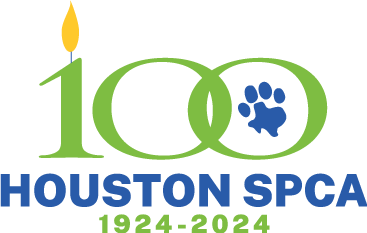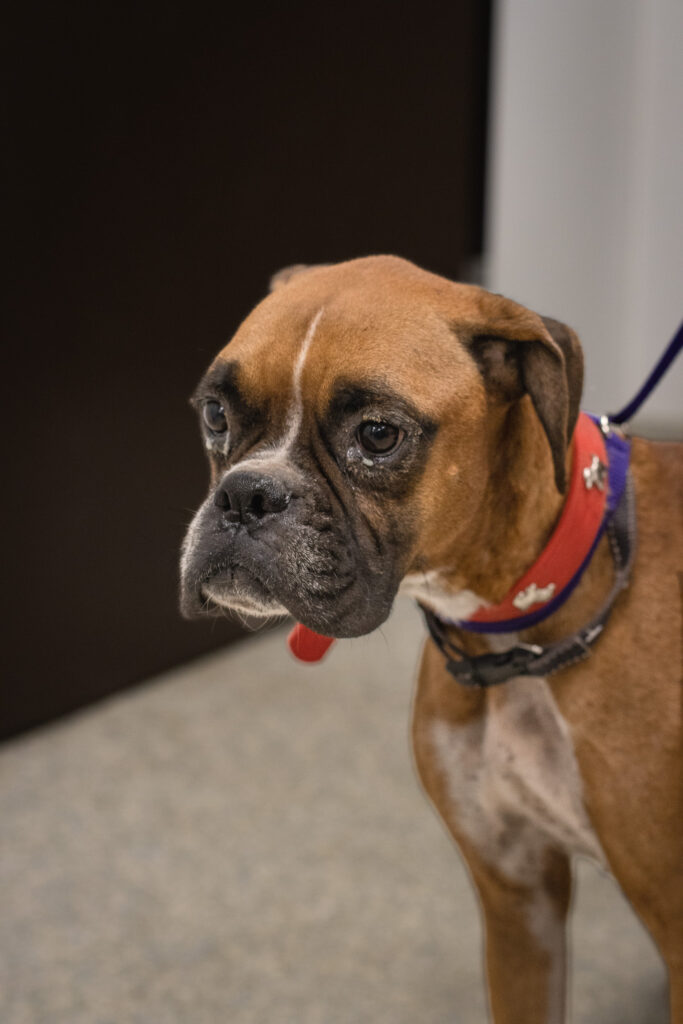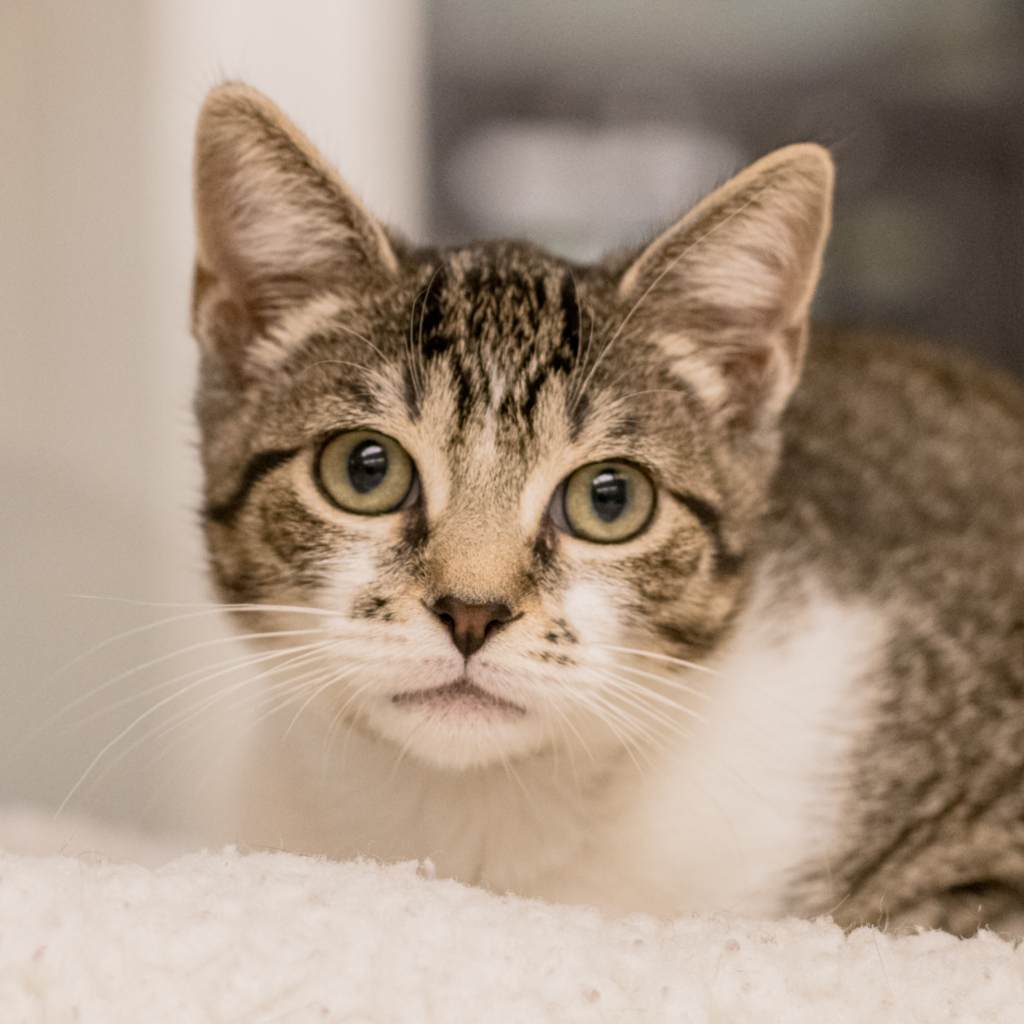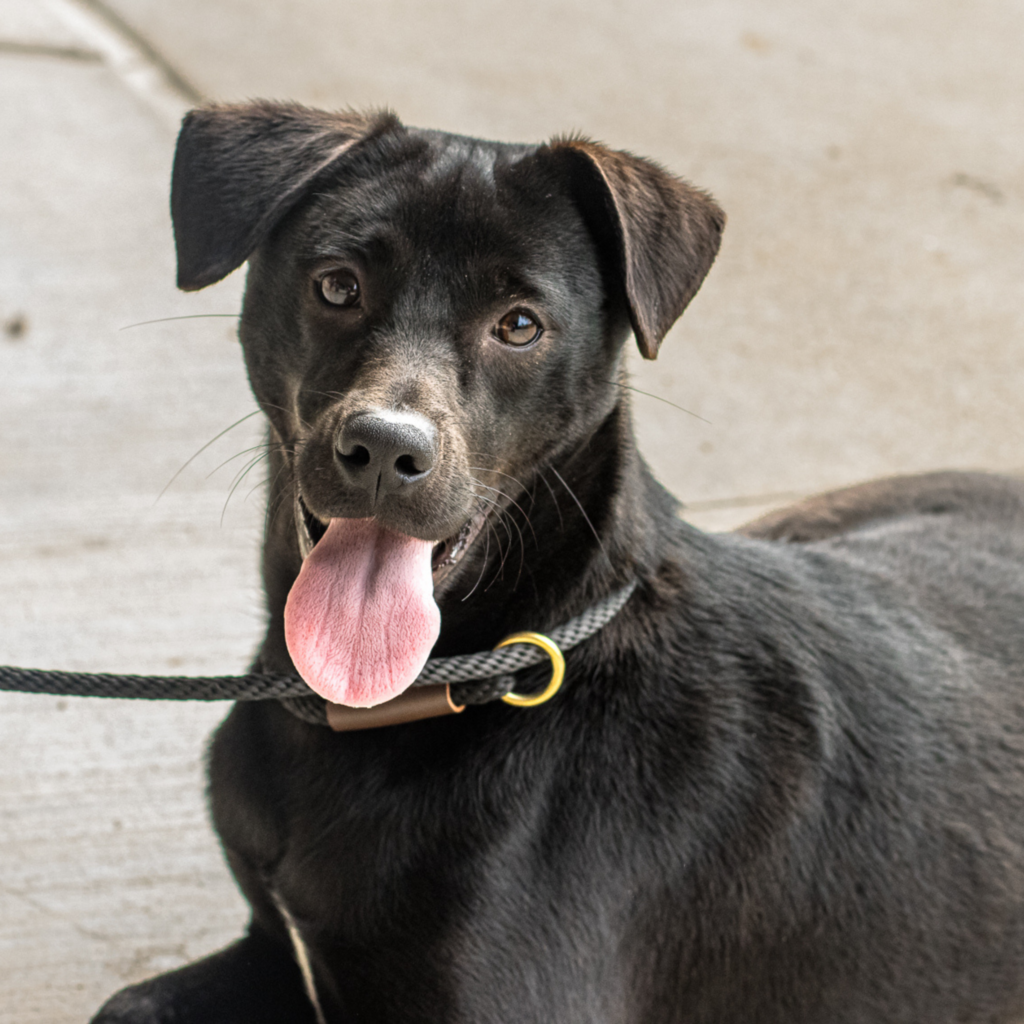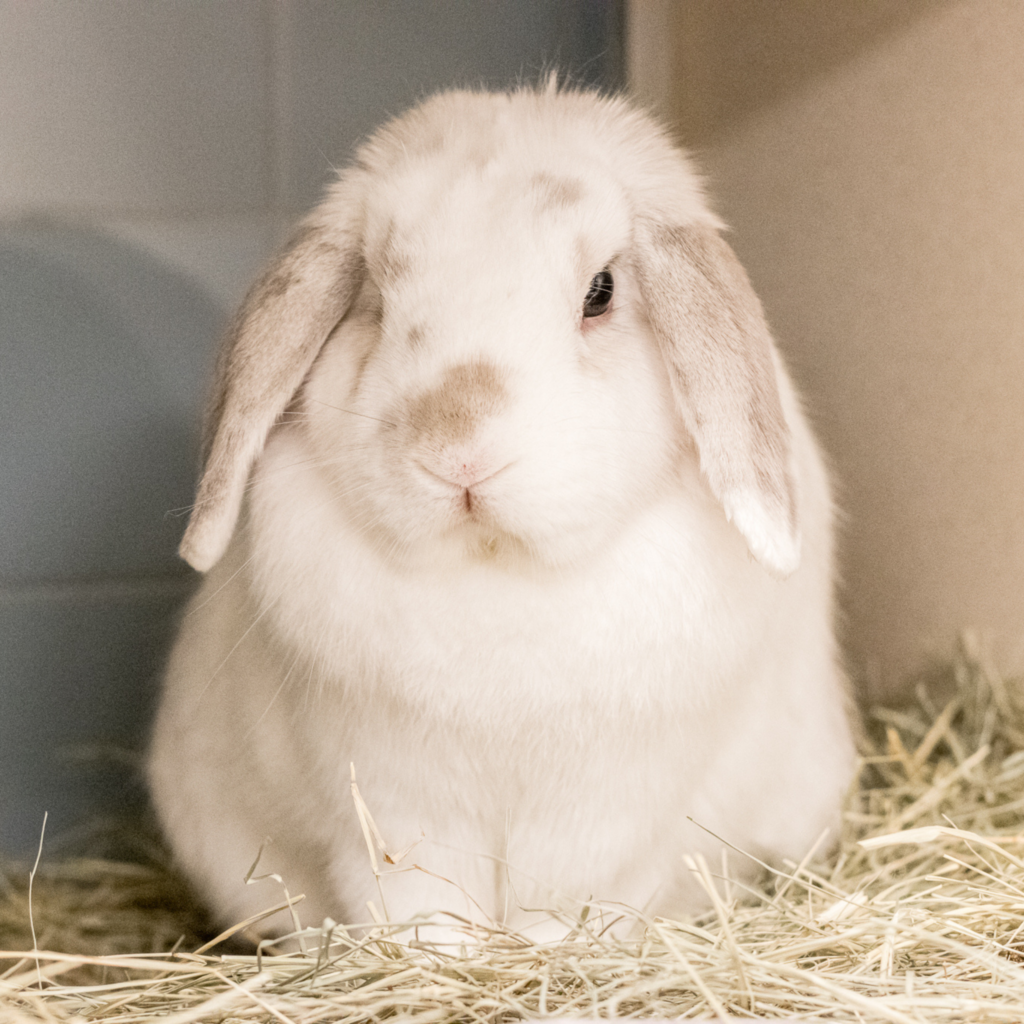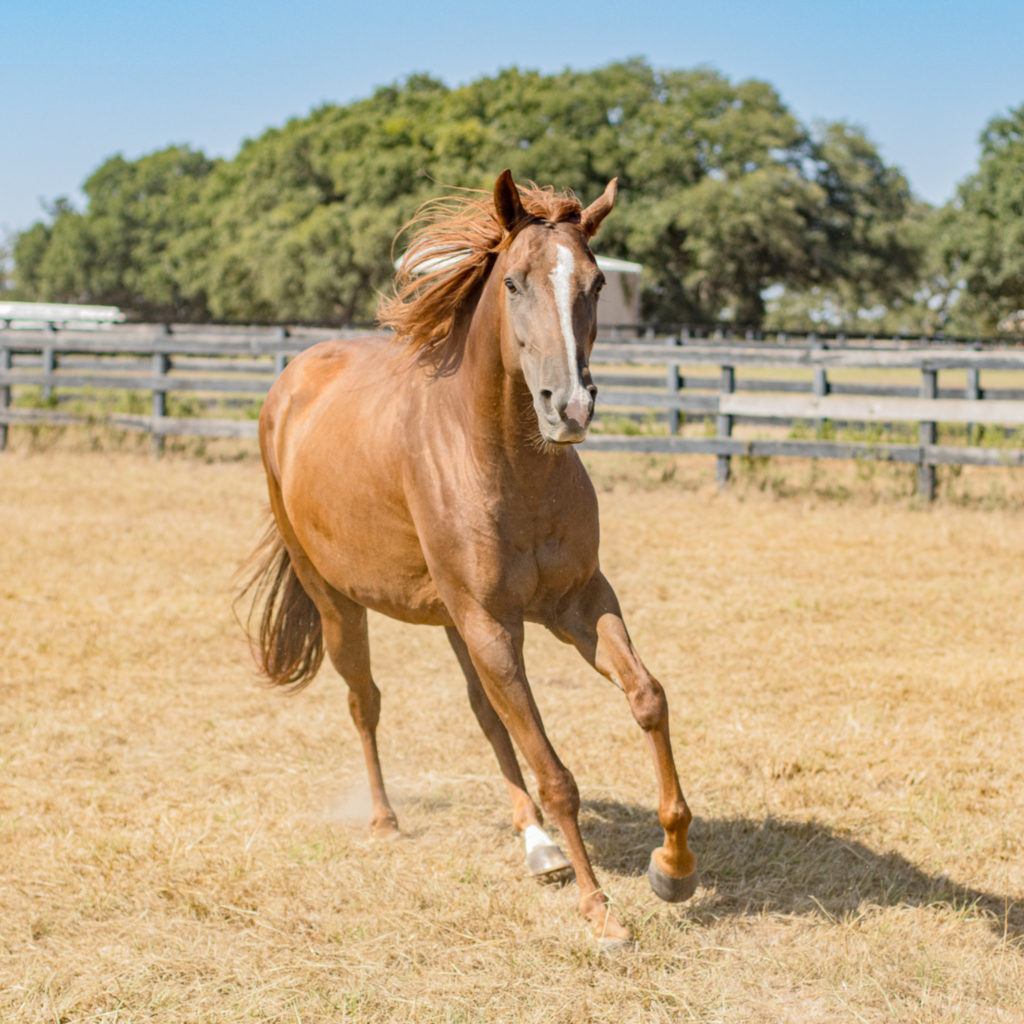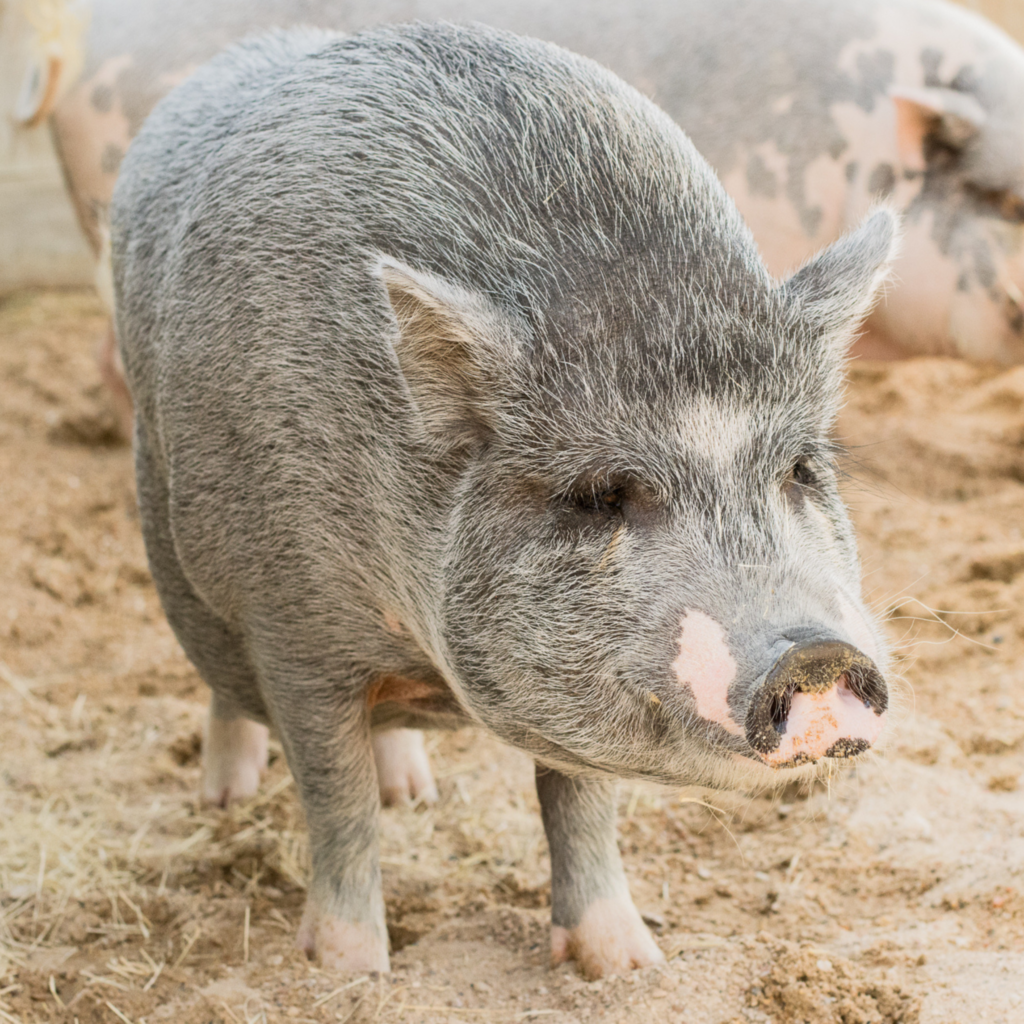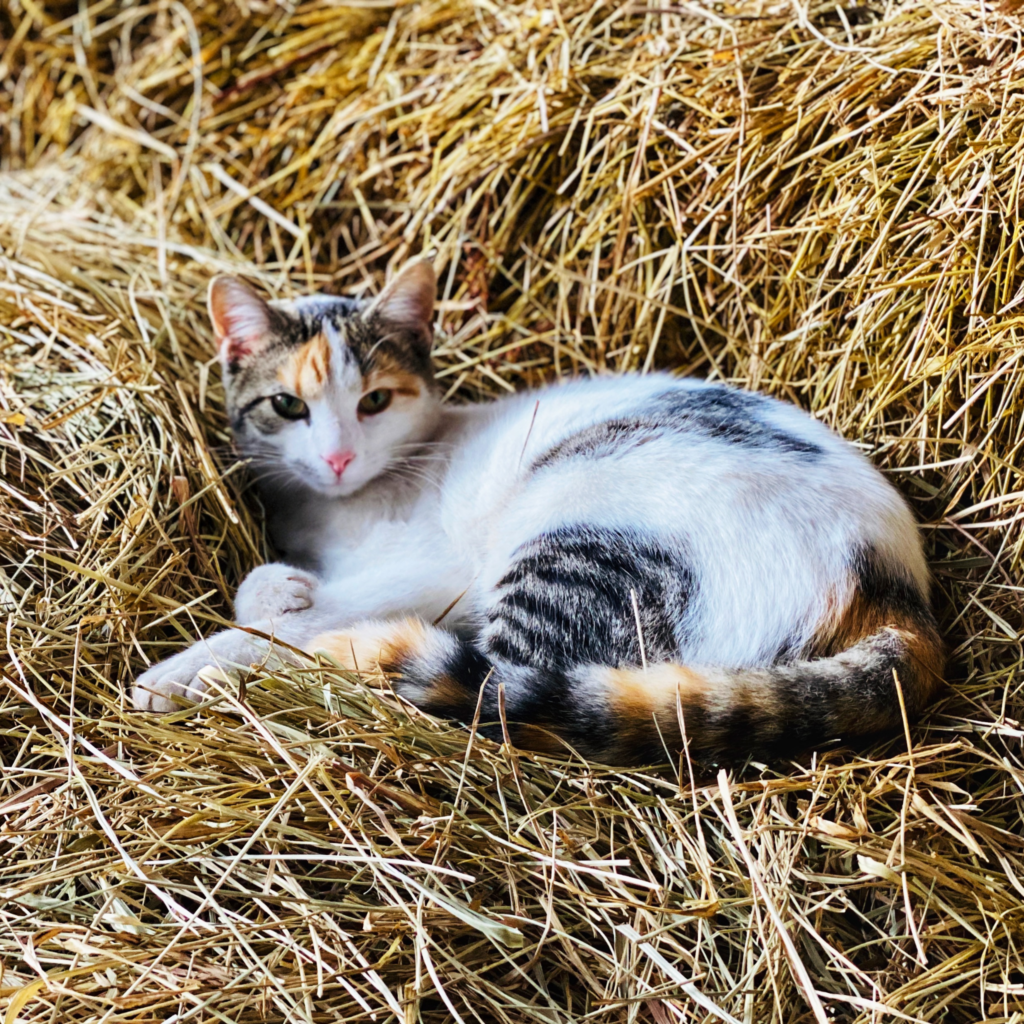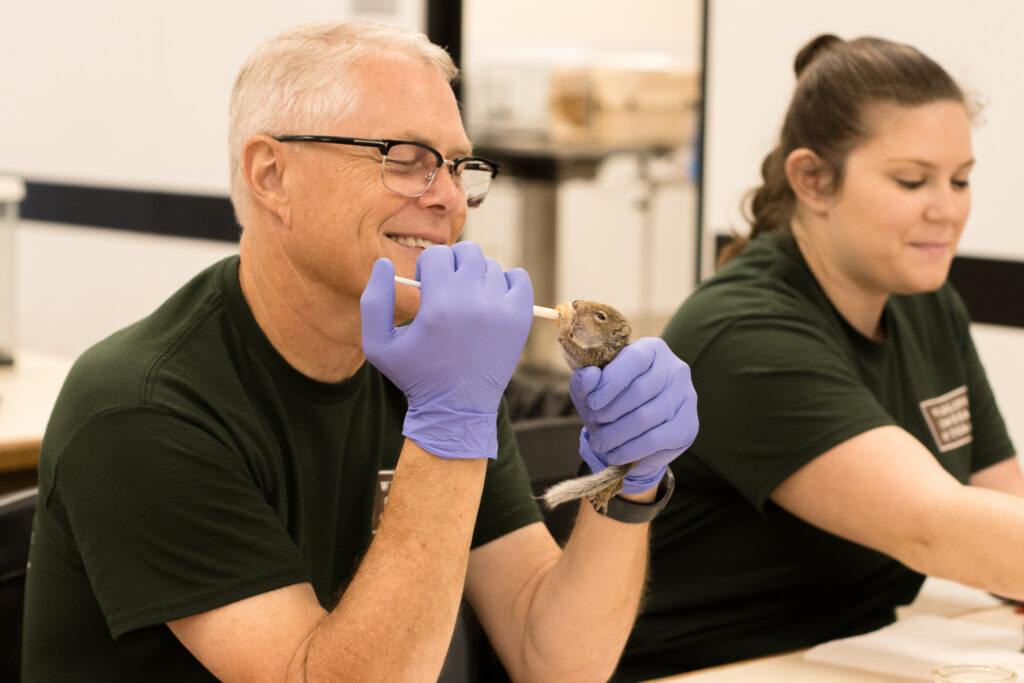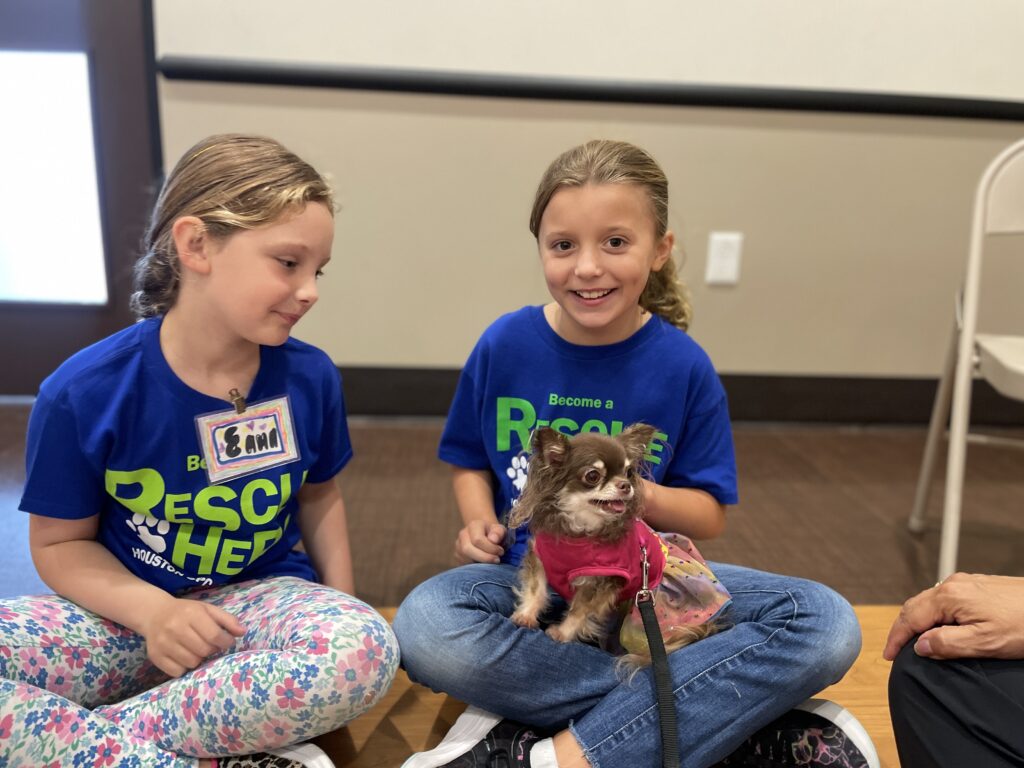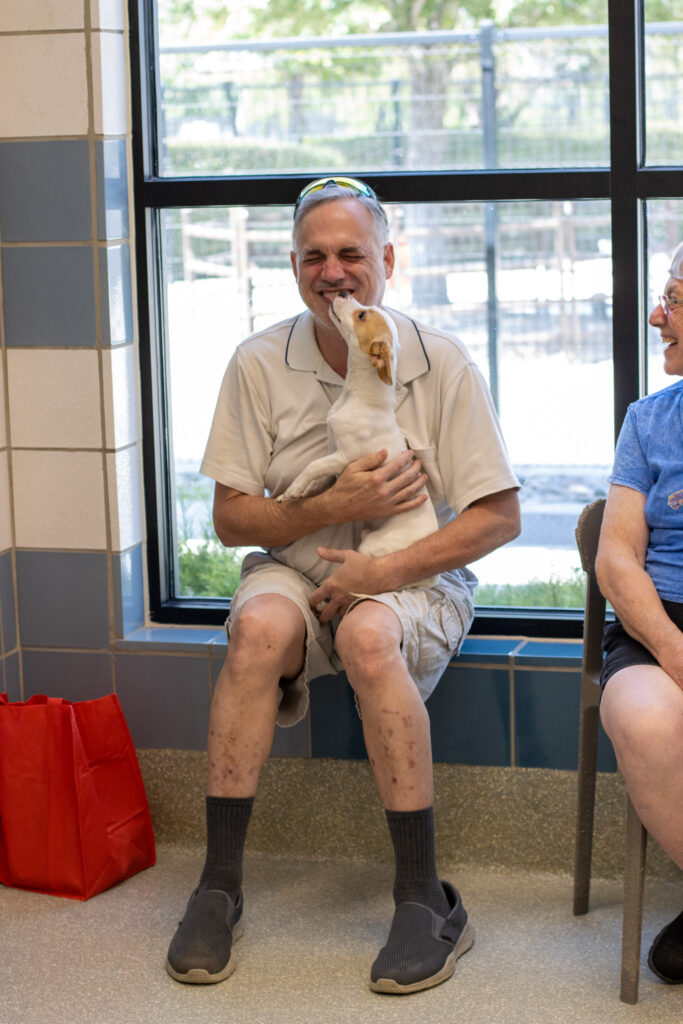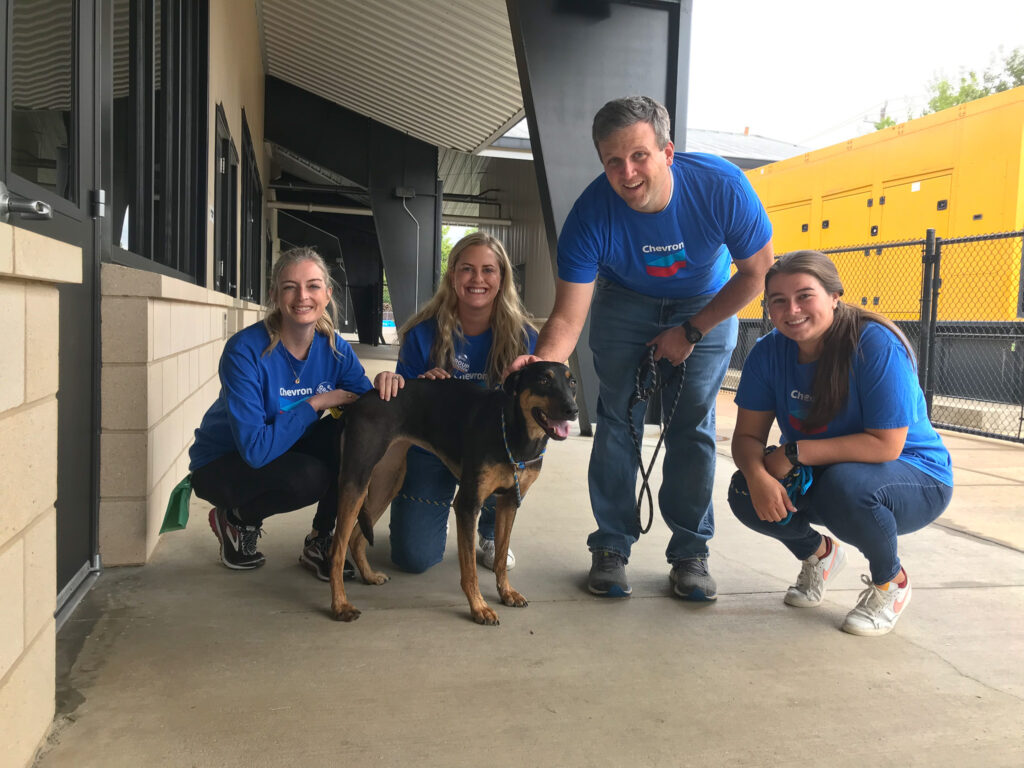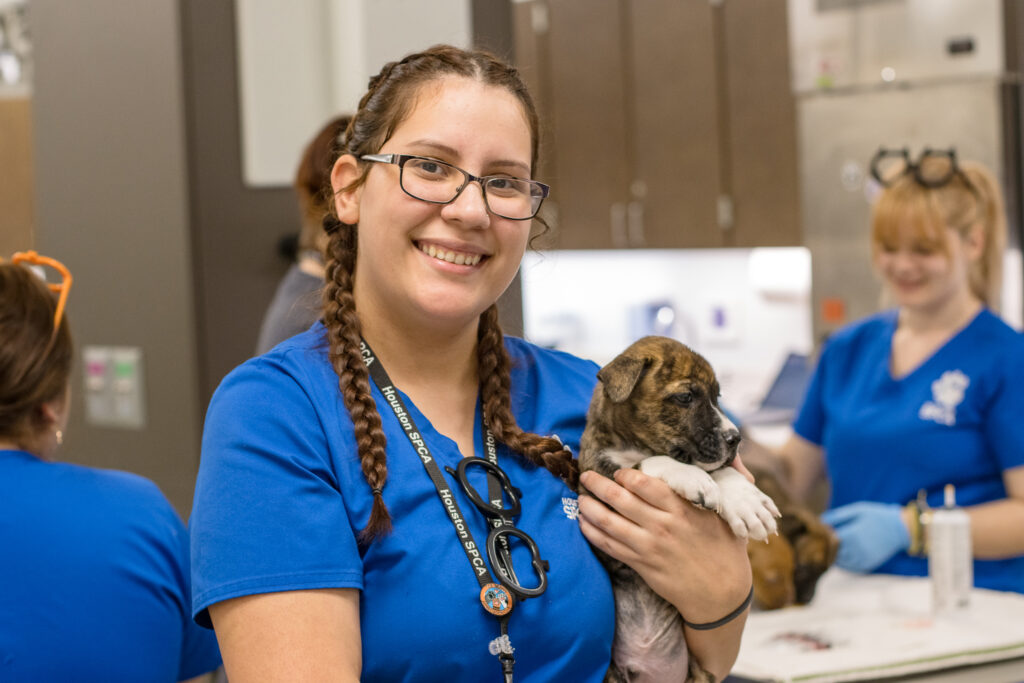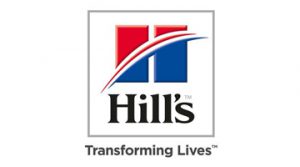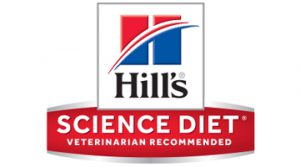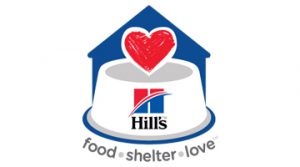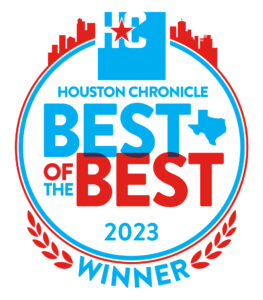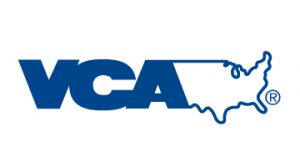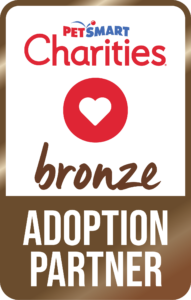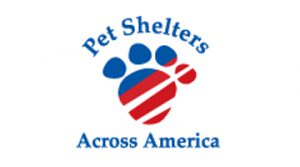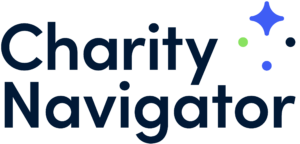Wildlife Center of Texas
Rehabilitate,
Educate,
Conserve
The largest wildlife rehabilitation center in the nation
Donate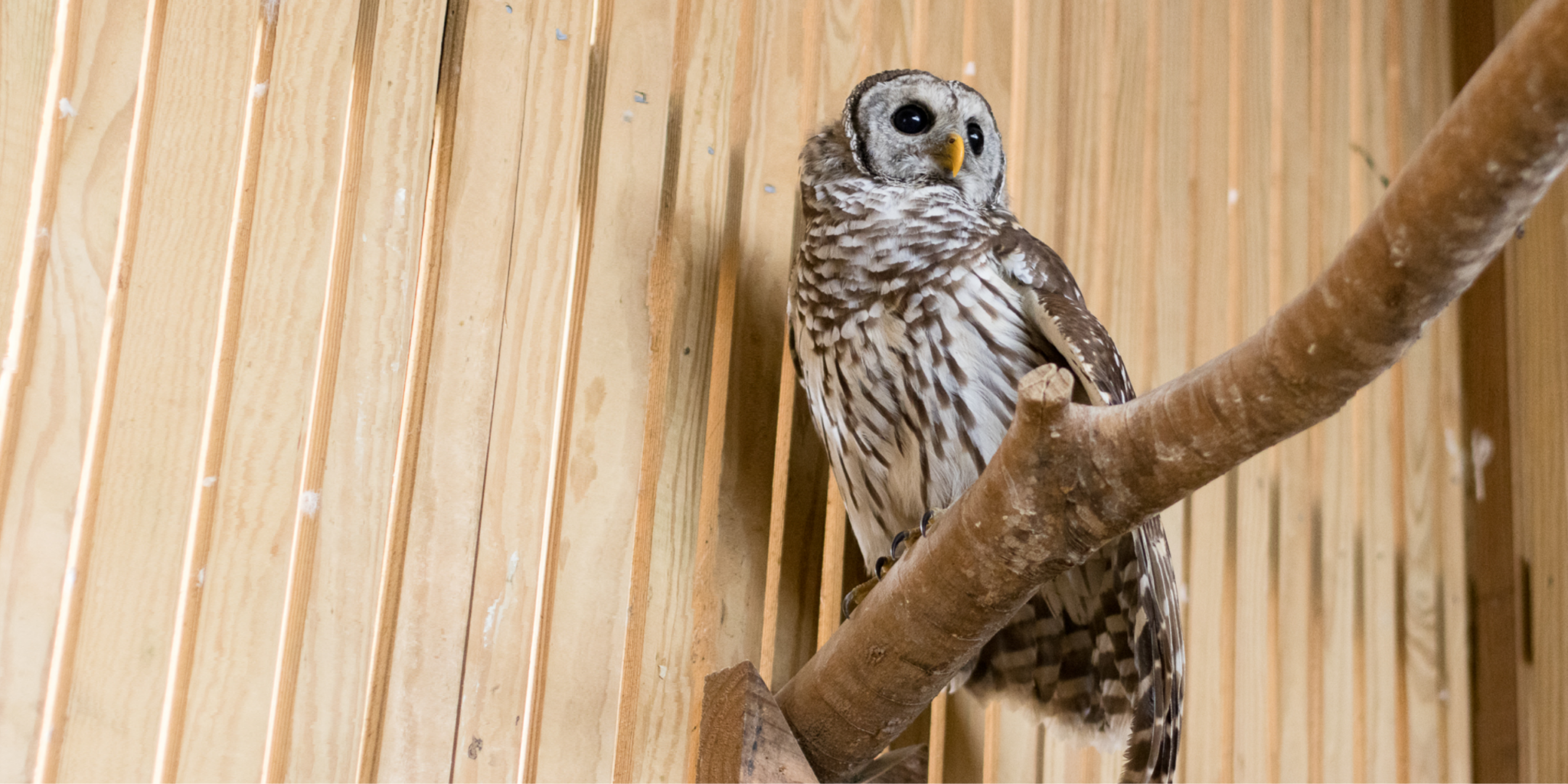
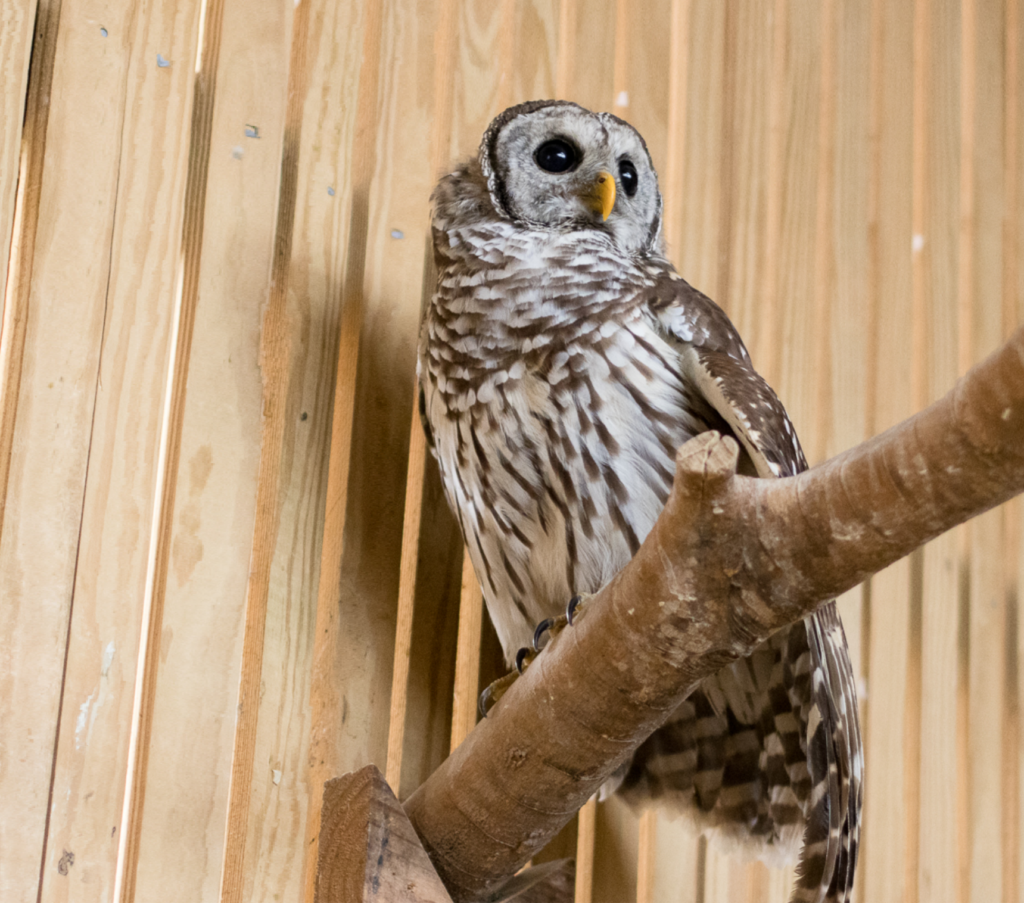
Helping Wildlife in NEED
At Houston SPCA's Wildlife Center of Texas, providing emergency lifesaving care to injured, ill, and orphaned native wildlife is just the beginning. Our team works tirelessly to provide short-term and long-term rehabilitation with the ultimate goal of releasing these patients back to the wild. Each animal is provided individualized care in our state-of-the-art facility by experienced state and federally-permitted wildlife rehabilitators and veterinarians. From Osprey to opossums, lifesaving efforts remain a top priority to us.
Wildlife Trauma and Rehabilitation Center
The Houston SPCA’s Wildlife Center of Texas is Houston’s only trauma and wildlife rehabilitation center that treats all injured, sick or orphaned native Texas wildlife species, turning away no animal in need.
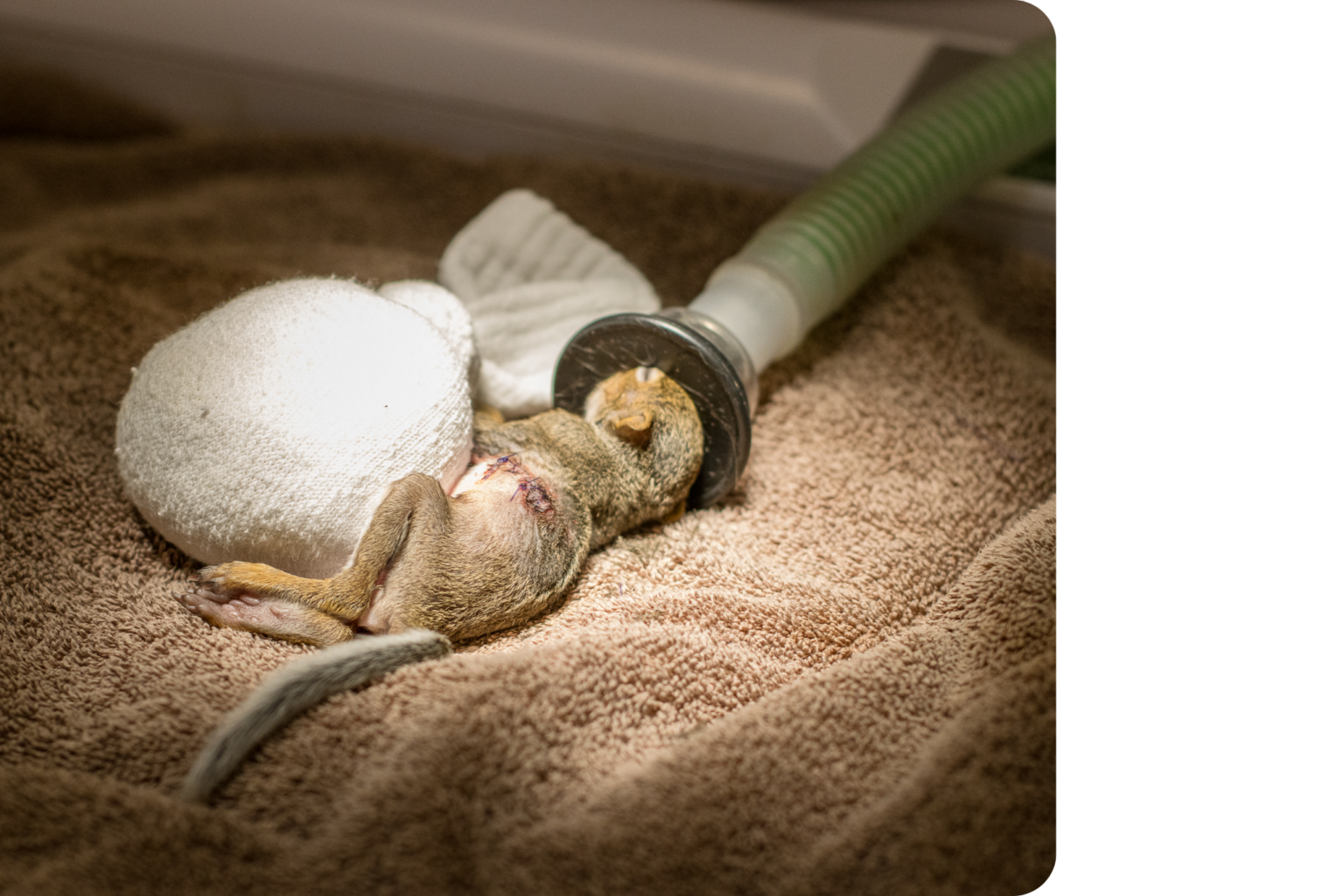
Volunteer Opportunities
The Wildlife Center of Texas has many volunteer opportunities, including direct animal care, community education, and special events.
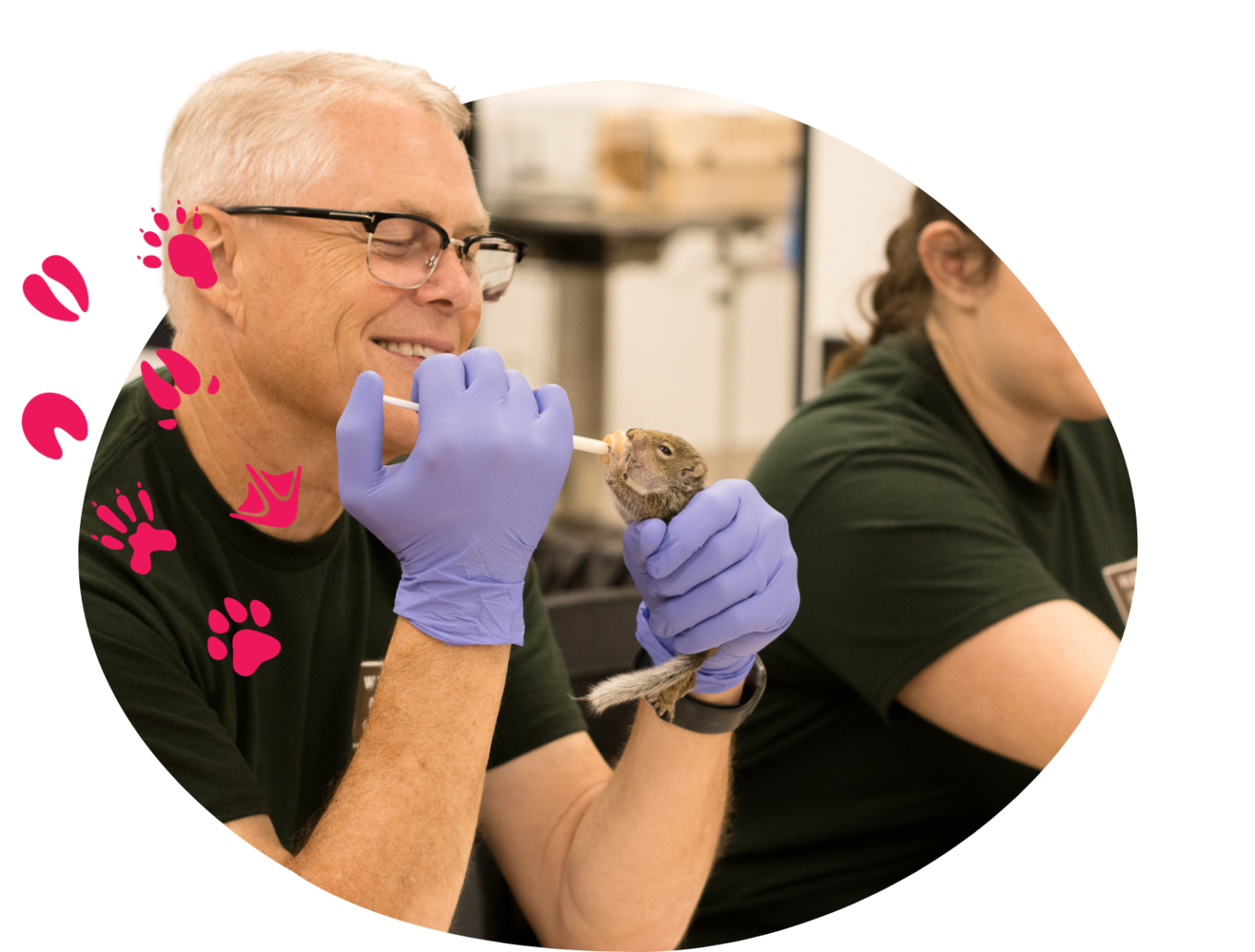
Wildlife Emergency Response
The staff and volunteers of the Houston SPCA’s Wildlife Center of Texas are fully trained and ready to mobilize during any natural or man-made disasters involving wildlife. The center’s state-of-the-art facilities allow quick response to emergencies, including hurricanes, droughts, and wildfires. We also work closely with International Bird Rescue to help in the event of an oil spill along the Gulf Coast.
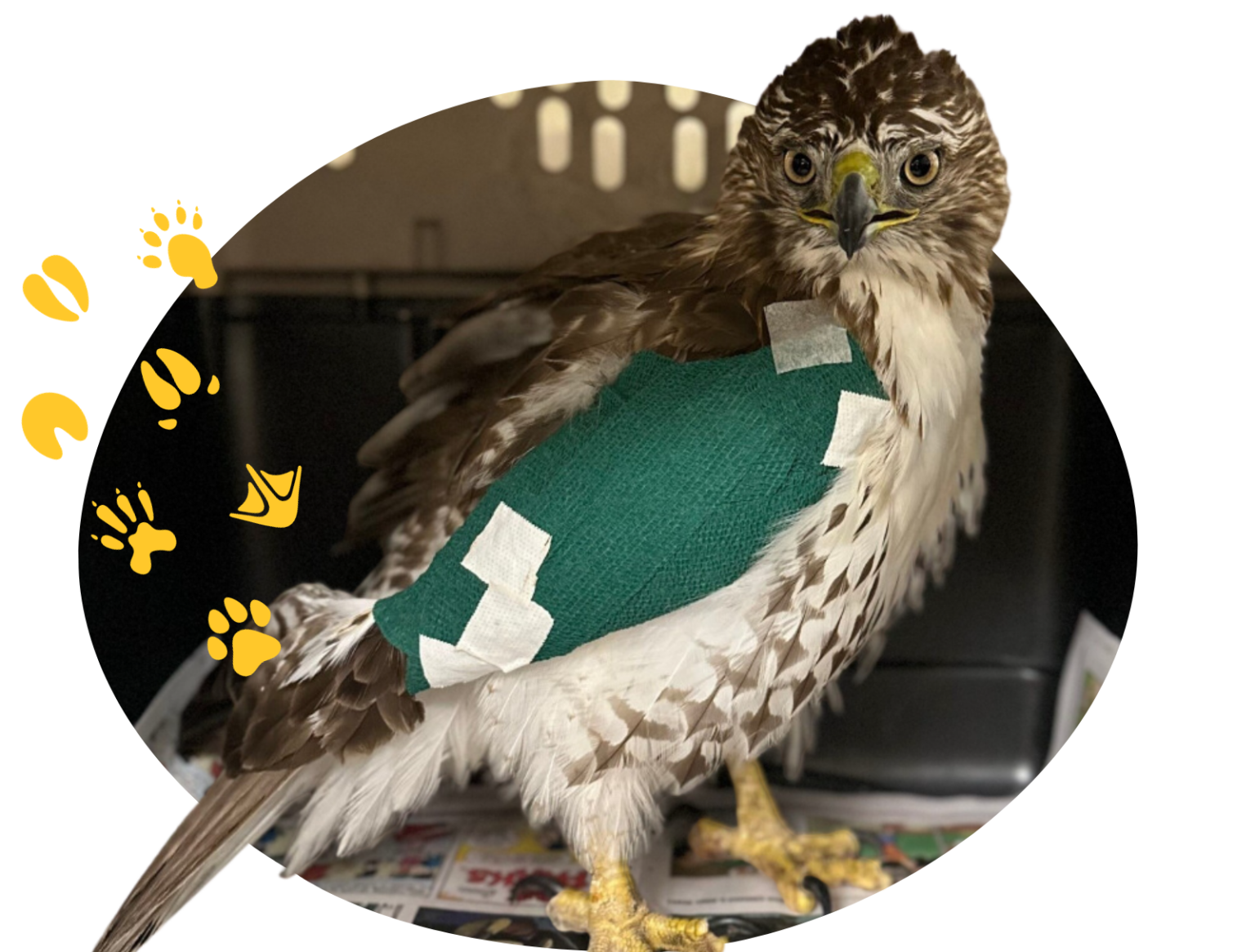
Wildlife Education Programs
The Wildlife Center of Texas offers on and offsite presentations that promote the importance of responsible environmental stewardship to children and adults, schools and civic groups.
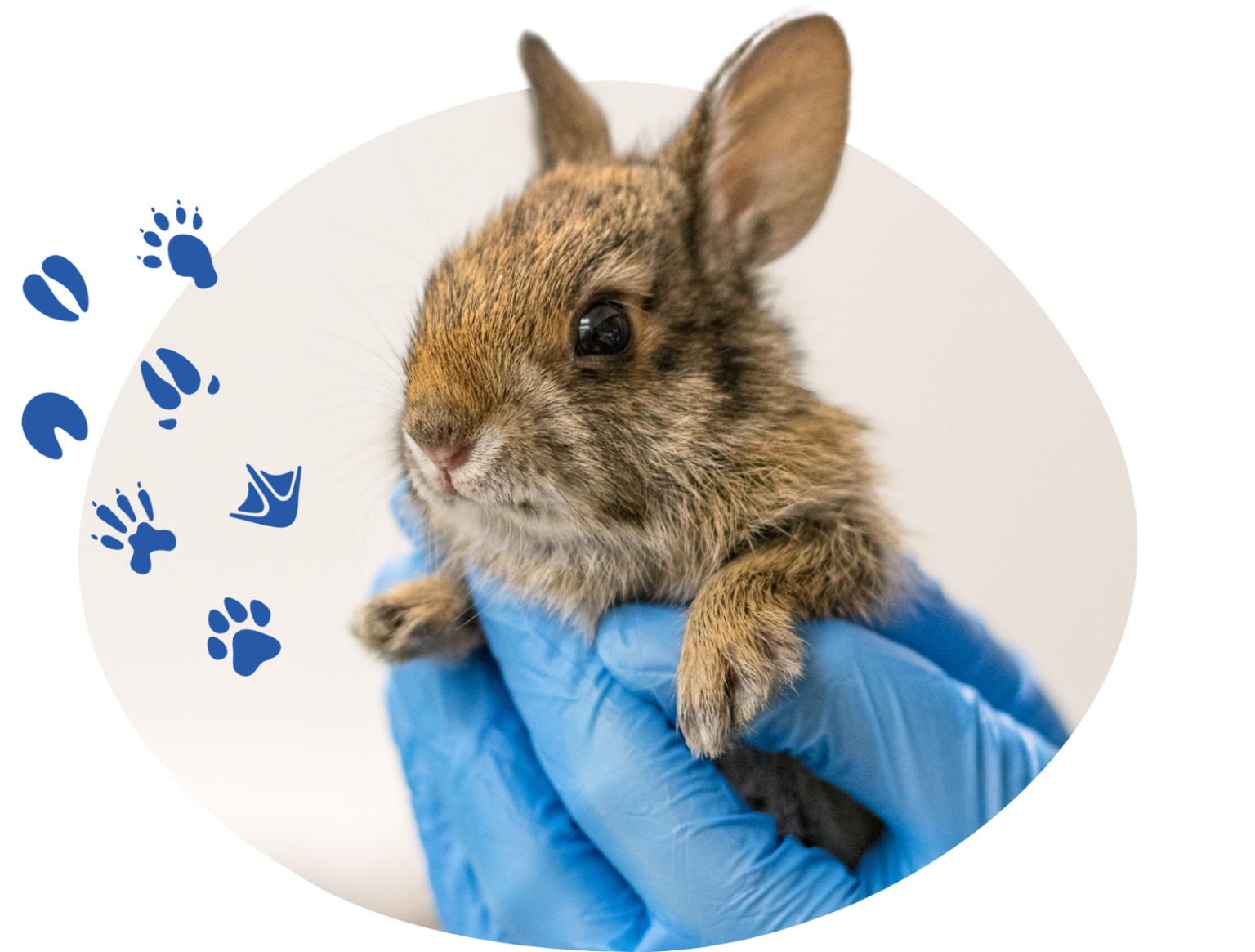
Meet Our Ambassadors
The Wildlife Ambassadors at The Wildlife Center of Texas allows people to have an up-close and personal learning experience with native Texas wildlife. We are glad to have this very special tool to promote wildlife education and peaceful coexistence. It is illegal to keep any protected species of wildlife, but special education permits obtained by The Wildlife Center of Texas from the state and federal governing agencies allow us to use these animals as ambassadors for education purposes. Our ambassadors are all non-releasable animals that would be unable to survive in the wild, but are well-suited to life in captivity.
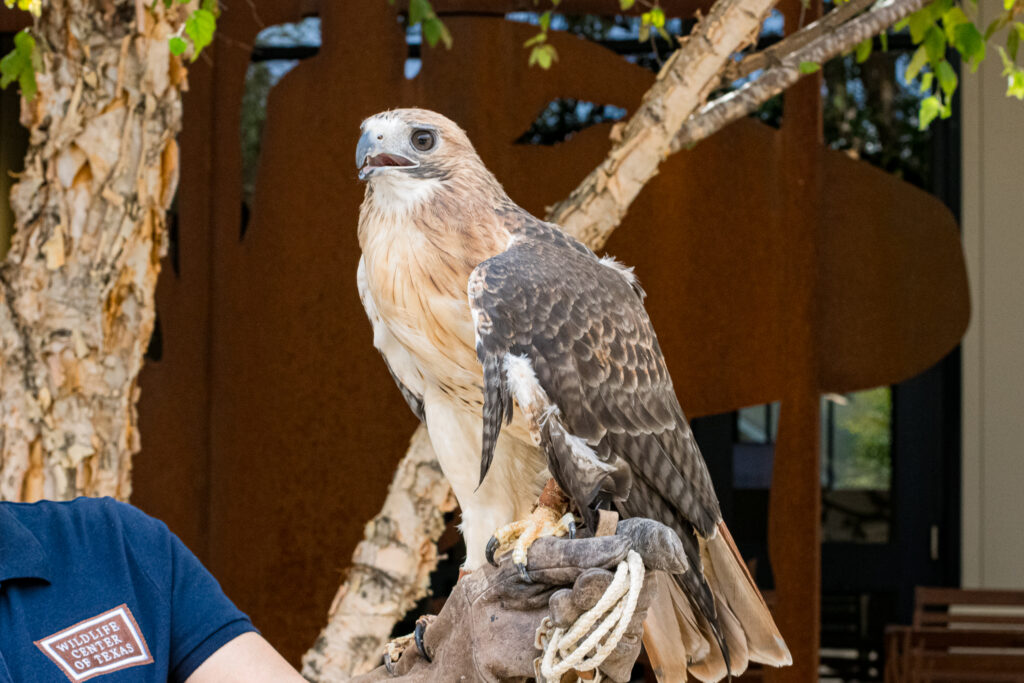
Red-Tailed Hawk
The Red-tailed Hawk was brought to The Wildlife Center of Texas in 2007 after being hit by a car, resulting in a fractured left wing. The injury was too severe for the wing to be repaired, rendering the hawk unable to fly again. Due to head trauma from the incident, the hawk has developed a calm temperament, making it an ideal candidate for the center’s ambassador program. Currently, visitors to the center have the opportunity to interact closely with this impressive raptor, which also plays a prominent role in their educational presentations.
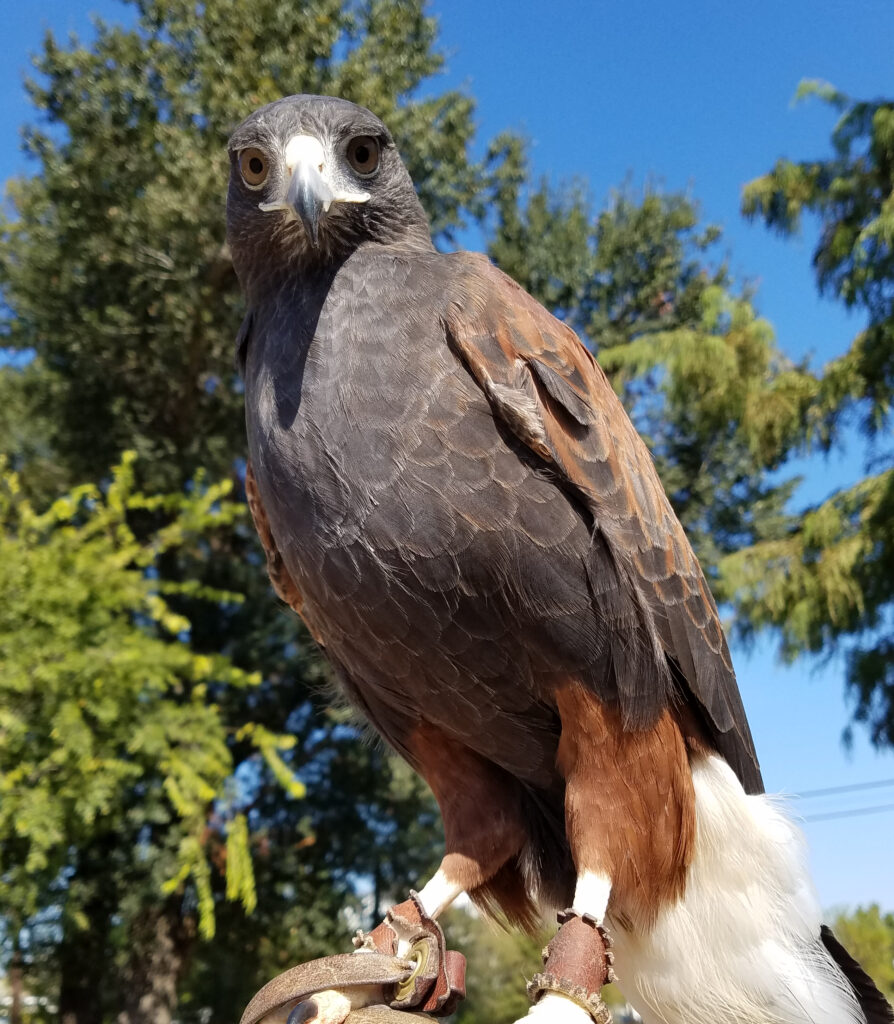
Harris’s Hawk
In 2011, a juvenile, Harris’s Hawk, was admitted to The Wildlife Center of Texas after falling out of its nest and sustaining a coracoid fracture. Sadly, by the time it arrived, the injury had healed incorrectly, leaving the hawk unable to fly well enough to survive in the wild. However, due to its early interaction with humans, the hawk was well-suited to become an ambassador. This particular hawk is frequently taken to off-site educational events, as it is not bothered by bustling environments.
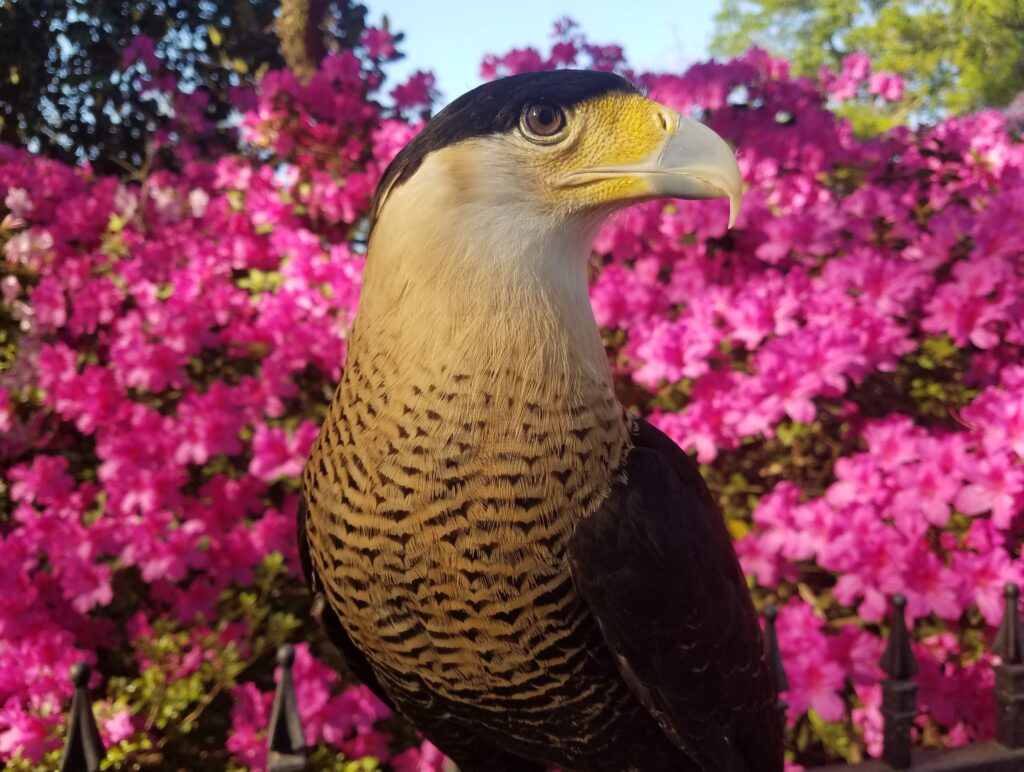
Northern Crested Caracara
The ambassador Crested Caracara was born at The Wildlife Center of Texas in April 2014 after an energy company acquired permission from the US Fish and Wildlife Service to remove the eggs from a nest, causing fires on their equipment. Despite growing up, a birth defect in its feet made perching and tearing prey difficult. Consequently, the decision was made to keep the bird for educational purposes.
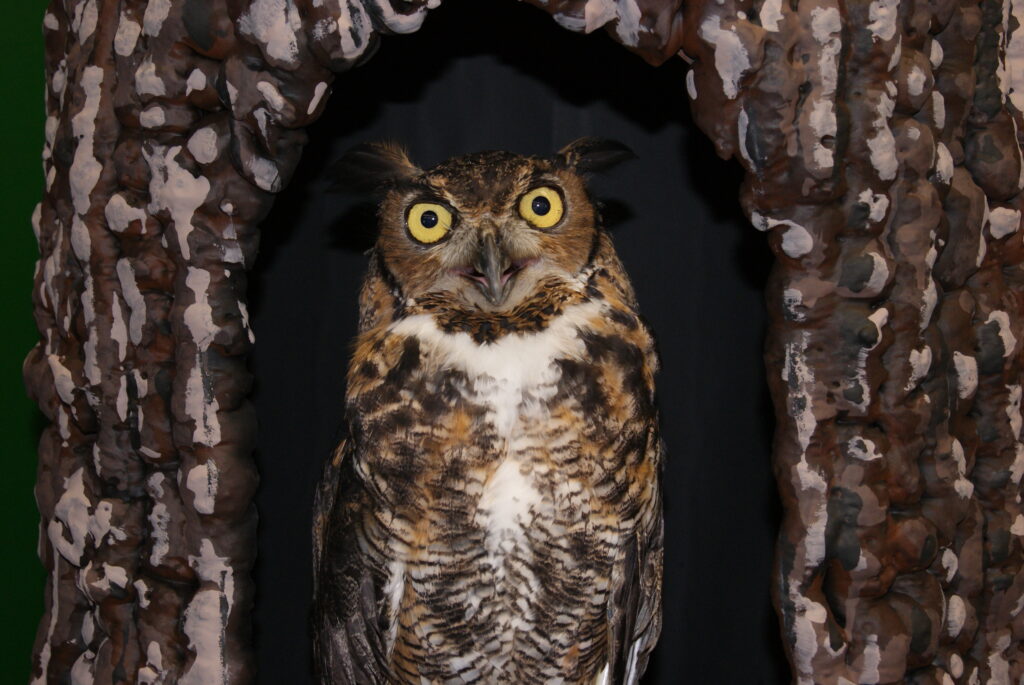
Great Horned Owl
The ambassador Great Horned Owl was rescued in 2009 after being hit by a car and sustaining severe head trauma. Although efforts were made to aid its recovery through anti-inflammatory medications, the owl remained unable to fly. Consequently, it became a part of The Wildlife Center of Texas’s ambassador program, being one of three animals regularly visible in the center’s lobby. This owl is particularly popular at the Houston SPCA’s Critter Camp, where it showcases unique owl adaptations to the camp attendees.
Check Out Our Wildlife Cams
Our four aviary cams give you a live look into our rehabilitation efforts.
